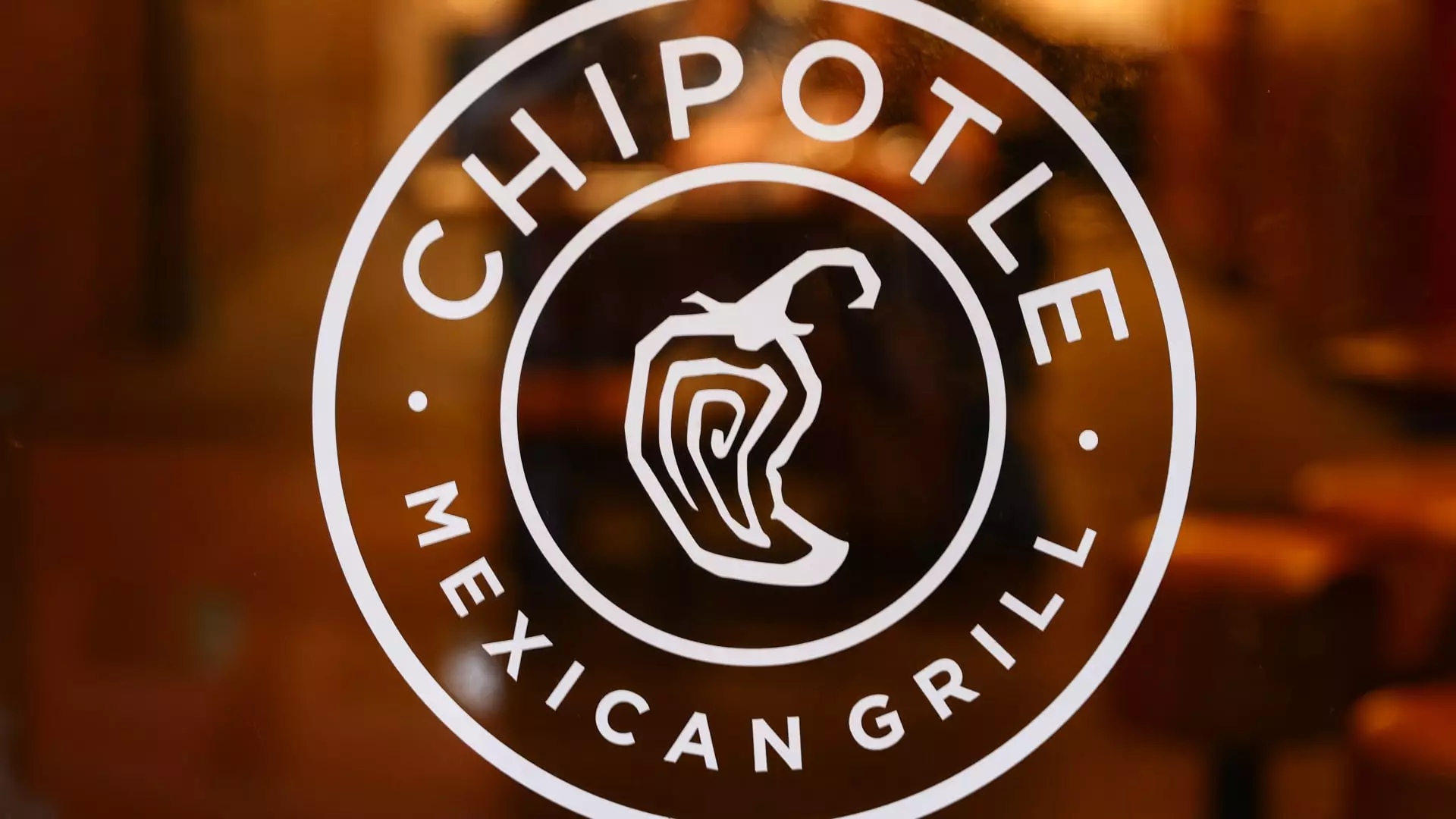Chipotle Mexican Grill is set to take a significant leap in its international aspirations with its first location in Mexico, slated for early 2026. While this move appears to be a calculated and audacious step in the company’s expansion strategy, it raises questions about the broader implications of U.S.-Mexico relations under the current political climate. The fast-food chain has partnered with Alsea, a formidable player already operating numerous well-known brands in Latin America and Europe. This partnership could provide Chipotle with the necessary foothold to navigate the complexities of the Mexican market, especially as both countries contend with an era of economic strain marked by tariffs and trade wars.
A Potentially Rocky Road Ahead
Despite Chipotle’s confidence, the reality of penetrating the Mexican market might not be as straightforward as anticipated. The cultural and culinary nuances inherent in Mexican cuisine are profound; thus, one cannot overlook the historical hurdles that other brands, such as Taco Bell, faced when attempting to make similar forays. Taco Bell’s ventures into Mexico ended in failure, a stark reminder that the U.S. interpretation of Mexican food doesn’t always resonate with its authentic root. This creates a critical question—will Chipotle’s “fresh and fast” ethos genuinely capture the Mexican consumer’s palate? The company’s reliance on familiar ingredients could prove advantageous, but it may also risk being perceived as a cuisine that’s only superficially Mexican.
Economic Dependency and Avocado Politics
An interesting facet of this expansion is Chipotle’s ongoing relationship with its avocado suppliers. Even amid fluctuating tariffs, avocados sourced from Mexico form a backbone to Chipotle’s offerings, comprising about half of its avocado imports. This relationship underscores a delectable irony; while Chipotle aims to smooth its entry into the Mexican market, its connection to Mexican agriculture makes it vulnerable to political changes. President Trump’s trade policies have introduced uncertainty, and future tariffs could disrupt Chipotle’s supply chain, affecting not just their costs but also their ability to maintain the standards that the brand prides itself on.
Global Aspirations vs. Local Authenticity
As Chipotle spreads its wings beyond U.S. borders—already having established itself in Canada, Europe, and the Middle East—the balancing act becomes ever more complex. The company has historically focused on the U.S. market for decades, and moving into a region with deep-rooted culinary heritage may require more than just a tweak to the existing menu. While appealing to health-conscious and fresh-food enthusiasts, the challenge lies in crafting a menu that respects Mexican traditions while offering a unique twist that could entice consumers.
Chipotle’s plans for further expansion beyond the initial location reflect an ambitious vision, yet they must tread carefully. The success of this leap hinges on not just product integrity but also a keen understanding of local nuances. The onus is on Chipotle to adapt and innovate, ensuring they offer an experience that transcends mere fast food, aiming instead to be a dining option that pays homage to the culinary culture they are entering. The stakes are high, and the eyes of both investors and consumers will be closely watching this unfolding narrative.

